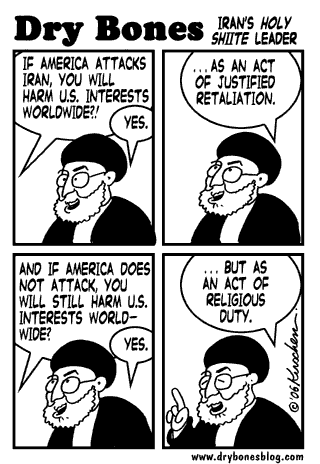Able Danger Case Hobbled by Classification Concerns
Shaffer's attorney, Mark S. Zaid, has filed a Supplemental Declaration outlining his concerns about both shaffer's wrongful termination suit against the Defense Intelligence Agency and the potential legal pitfalls Shaffer faces in giving testimony to the Department of Defense Office of Inspector General investigating both the conduct of the Able Danger program and whether the DIA improperly retaliated against Shaffer.
The difficulties arise from the fact that Zaid does not have a security clearance, and thus cannot sit in and advise his client during discussions touching on classified aspects of the Able Danger program. Zaid correctly complains that Shaffer should not be compelled to give testimony in the absence of his attorney.
The filing, provided to me by Zaid, reads in part:
5. First, I, as Shaffer’s counsel, cannot adequately or effectively provide him sound legal advice since I do not know all the facts of the operation, nor the full scope of Shaffer’s role within the operation...The conversation became so alarming to me that I was forced to specifically note on the record that I was concerned for Shaffer’s legal well-being and could not provide either adequate or effective representation, and I advised that both this line of questioning and his answers cease.Few politicians seem to want to get to the bottom of Able Danger, the data-mining project that allegedly identified Mohammed Atta and several of his accomplices before the 9/11 attacks, and also generated a warning to the USS Cole, which was not passed on.



















